Granite Floor Slip and Fall Concerns
The beautifully reflective granite floors at Alabama Power’s Corporate Headquarters in Birmingham, Alabama get a lot of traffic and use. Because the company takes pride in being proactive when it comes to the safety of employees, guests, and patrons, they were concerned that such a shiny surface would surely end up causing a serious slip and fall injury. To address these concerns, they designated test areas and topically applied samples of various floor sealants and finishes. Then, they contacted ITAC International to conduct tests to determine which one offered the best slip resistance.
About Coefficient of Friction (COF) and Dynamic Coefficient of Friction (DCOF)
In slip and fall cases, it is important to note that slipping takes two surfaces: the floor and the bottom of a shoe. Billy Simmons, Certified Walkway Auditor and Owner of ITAC International, explains,
The Coefficient of Friction is a representation of the roughness of two surfaces in contact with each other. The Dynamic Coefficient of Friction field test is used to determine the friction of the two surfaces sliding along each other.
Ideally, if a slip and fall accident happens, Simmons says, it should be because of a “walking problem, not a slipping problem.”
DCOF Testing (Using Bot 3000-E)
To determine the slip resistance of the granite floors, we conducted DCOF testing using a digital tribometer called the Bot 3000-E. This highly specialized device moves along the floor at a constant speed and produces accurate and reliable reports. (We always make it a point to stay current with test methods and equipment when performing coefficient of friction testing.)
The results of the testing were both surprising and enlightening to Alabama Power. The flamed finish of their granite floor, although shiny, actually gave it a rough texture, which is great for providing traction for foot traffic. The area with the unsealed and uncoated natural stone surface tested above the recommended guidelines for DCOF for slip resistance. Although all the areas met the guidelines, two areas that were coated without anti-slip additive provided the least slip resistance.
Alabama Power was able to use our DCOF testing results to make an informed decision about how to best protect against potential slip and fall accidents. Our testing method eliminates the possibility of human error, which is especially important in any situation where there is a lawsuit. High DCOF numbers put our client in a strong position to defend against any slip and fall claim, and the documentation we provided could help demonstrate that they took every necessary precaution to prevent accidents from occurring.
The Importance of Periodic DCOF Testing for Slip Resistance
Simmons warns,
The coefficient of friction can change as the surfaces become more uneven or worn over time. It is recommended that the surface periodically be monitored for any possible changes due to usage over time.
Property owners and managers should be diligent about documenting DCOF test results and keeping maintenance records.
To learn more, read our article, Shiny Floors and Slip Resistance.
Are you concerned about slip and fall accidents? Our comprehensive consultation services include DCOF testing of surfaces per NFSI B101.3-2022, project management, quality assurance inspections, specification development, document review, design consulting, and floor failure prevention. Send us a message or call 251-239-6360 today.
By Alice Dean



 Alabama Power's Corporate Headquarters in Birmingham, Alabama
Alabama Power's Corporate Headquarters in Birmingham, Alabama 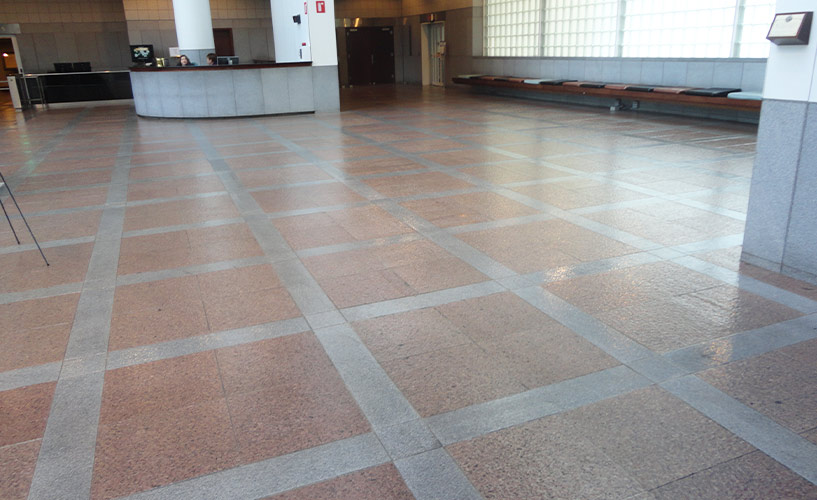 We tested the slip resistance in the reception area.
We tested the slip resistance in the reception area. 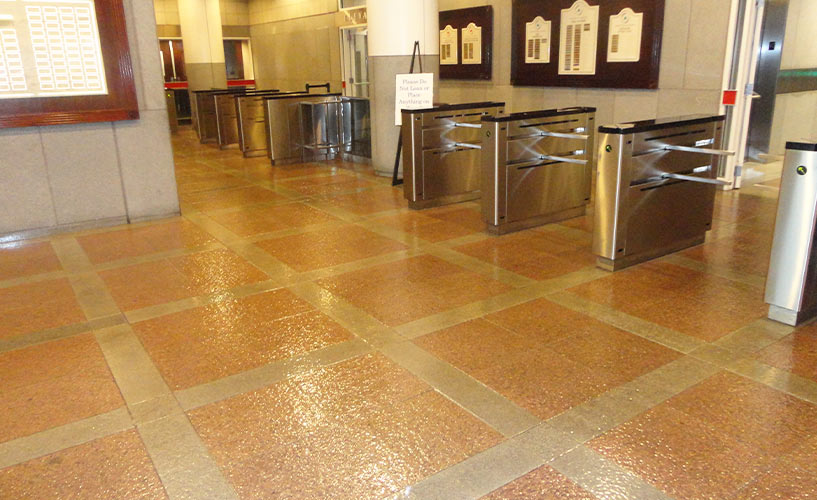 We tested the slip resistance in this area near the entrance.
We tested the slip resistance in this area near the entrance. 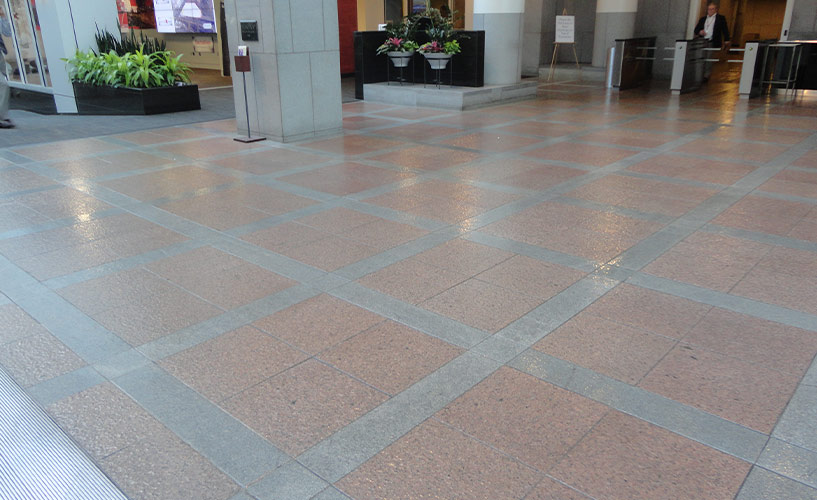 We tested the slip resistance in the lobby.
We tested the slip resistance in the lobby. 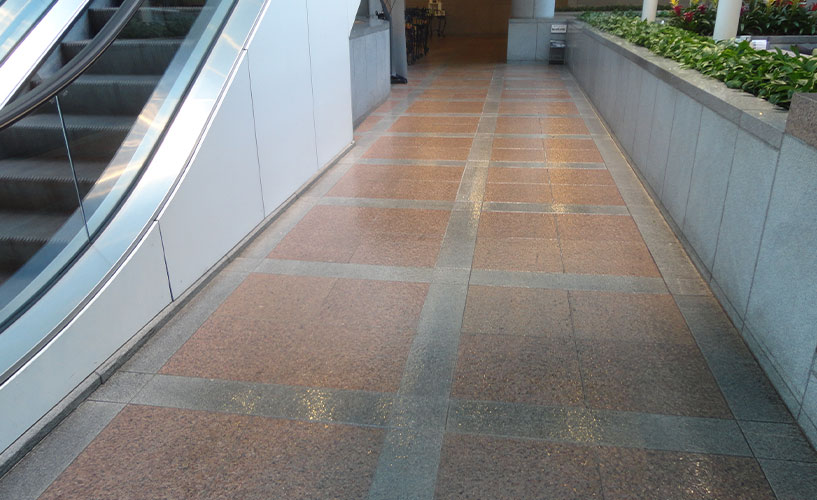 We tested the slip resistance in the walkways.
We tested the slip resistance in the walkways. 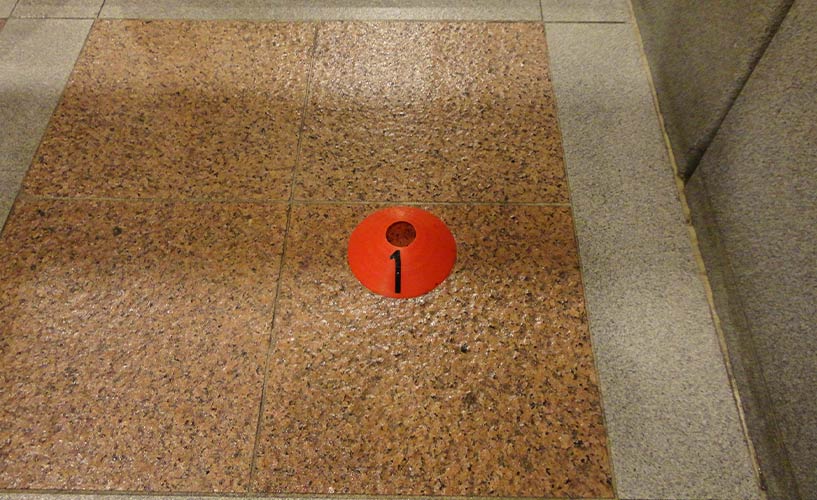 Slip resistance / COF test site number one.
Slip resistance / COF test site number one. 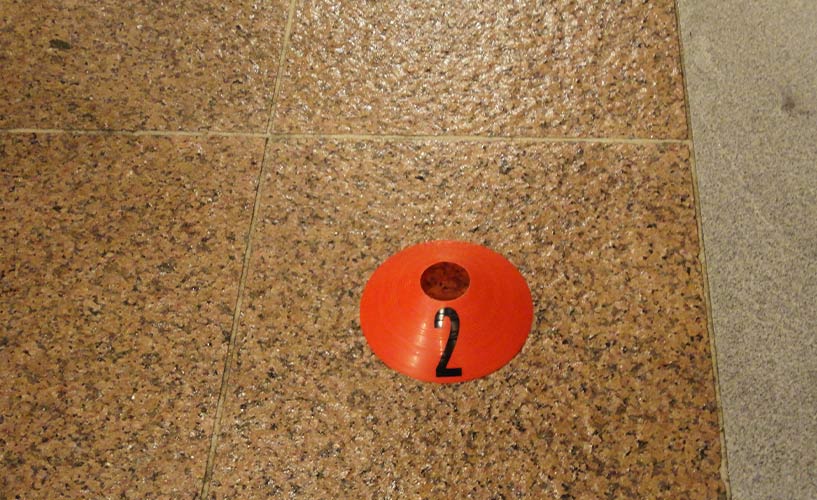 Slip resistance / COF test site number two.
Slip resistance / COF test site number two. 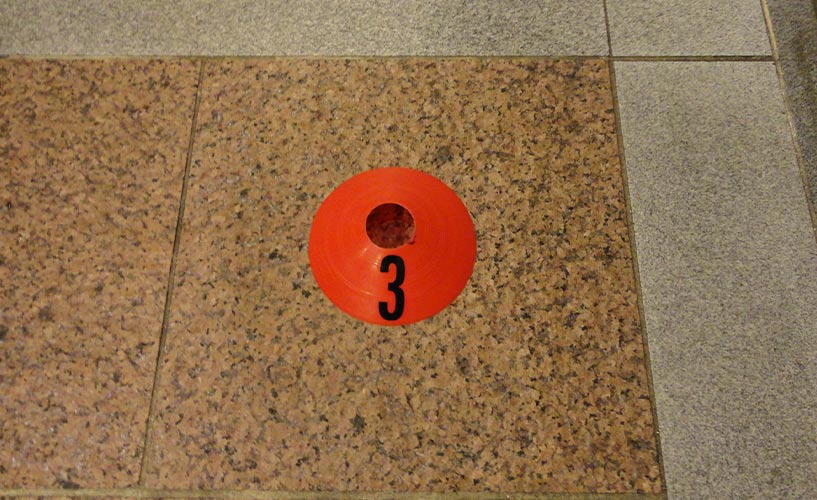 Slip resistance / COF test site number three.
Slip resistance / COF test site number three. 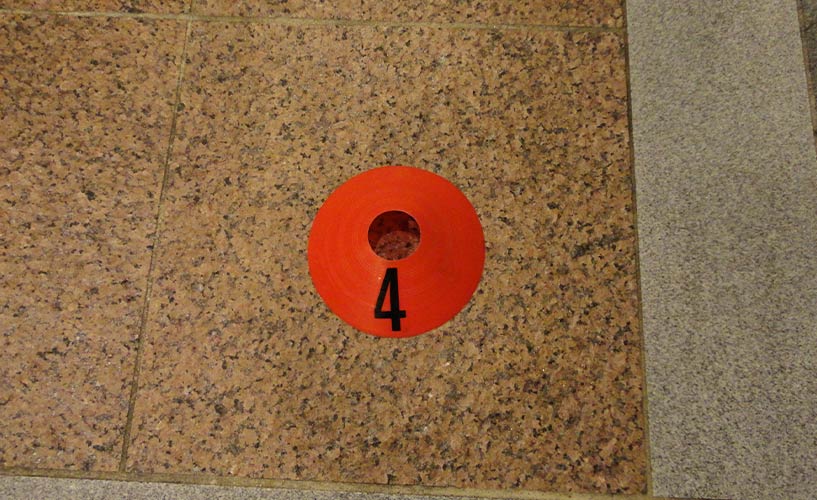 Slip resistance / COF test site number four.
Slip resistance / COF test site number four. 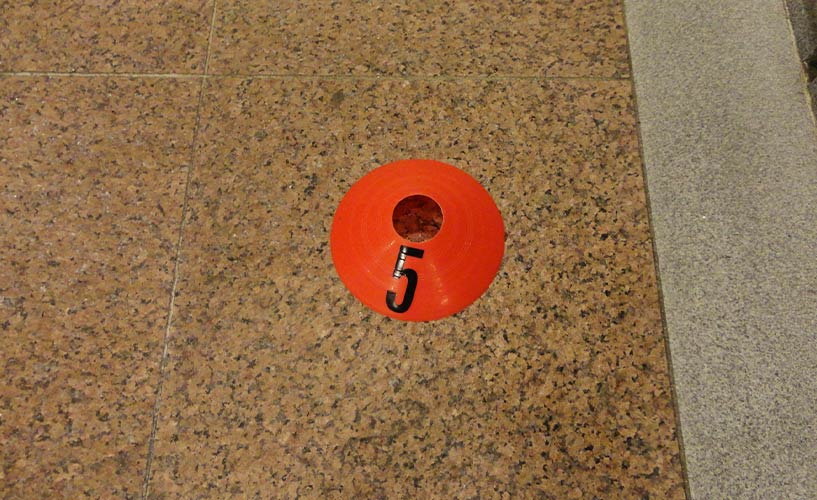 Slip resistance / COF test site number five.
Slip resistance / COF test site number five. 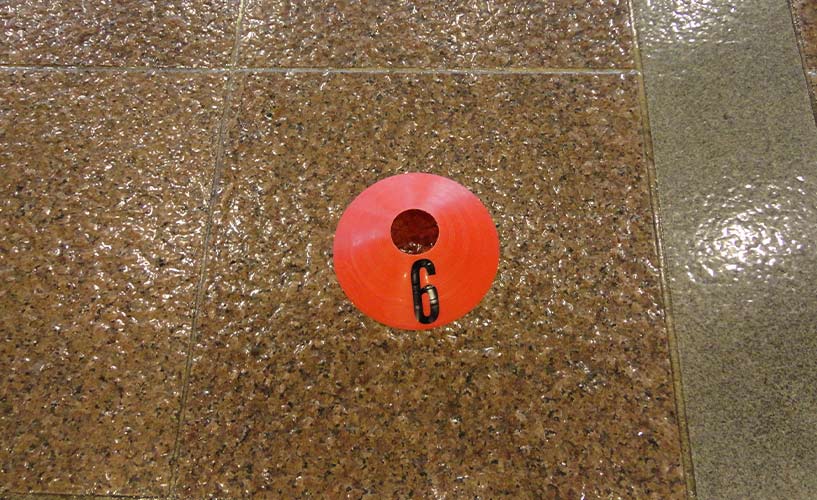 Slip resistance / COF test site number six.
Slip resistance / COF test site number six. 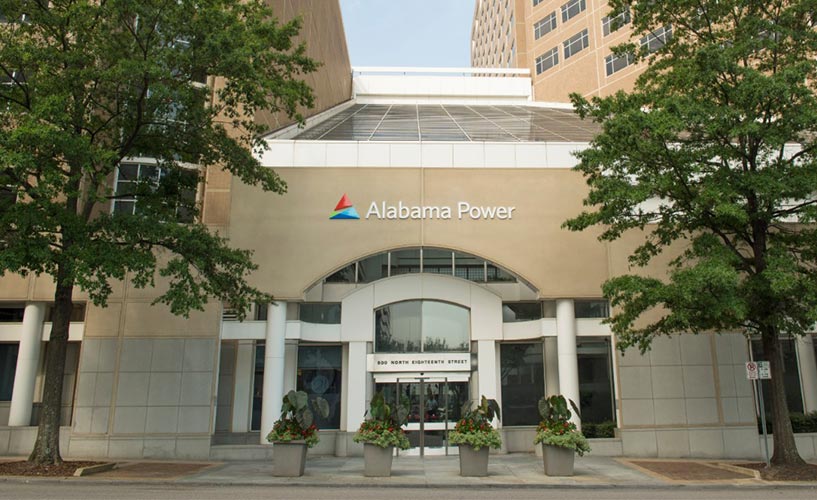 Alabama Power's Corporate Headquarters in Birmingham, Alabama
Alabama Power's Corporate Headquarters in Birmingham, Alabama